
100+ Fun Ideas for Modern Foreign Languages
¥102.91
100+ Fun Ideas for Practising Modern Foreign Languages in the Primary Classroom contains 137 fun activities for developing oracy and literacy skills. The tried and tested activities in this book can be used to with almost any language. The author has chosen these ideas due to the positive impact the games and activities have had on the learning of another language. The inherent rationale behind each activity is that it is enjoyable, interactive and allows for as many children as possible at one time to communicate. With activities ranging from 'Clap if true' and 'Draw a monster' to 'Find Mr X' and 'Puppet mind reading', you will never be stuck for ideas.
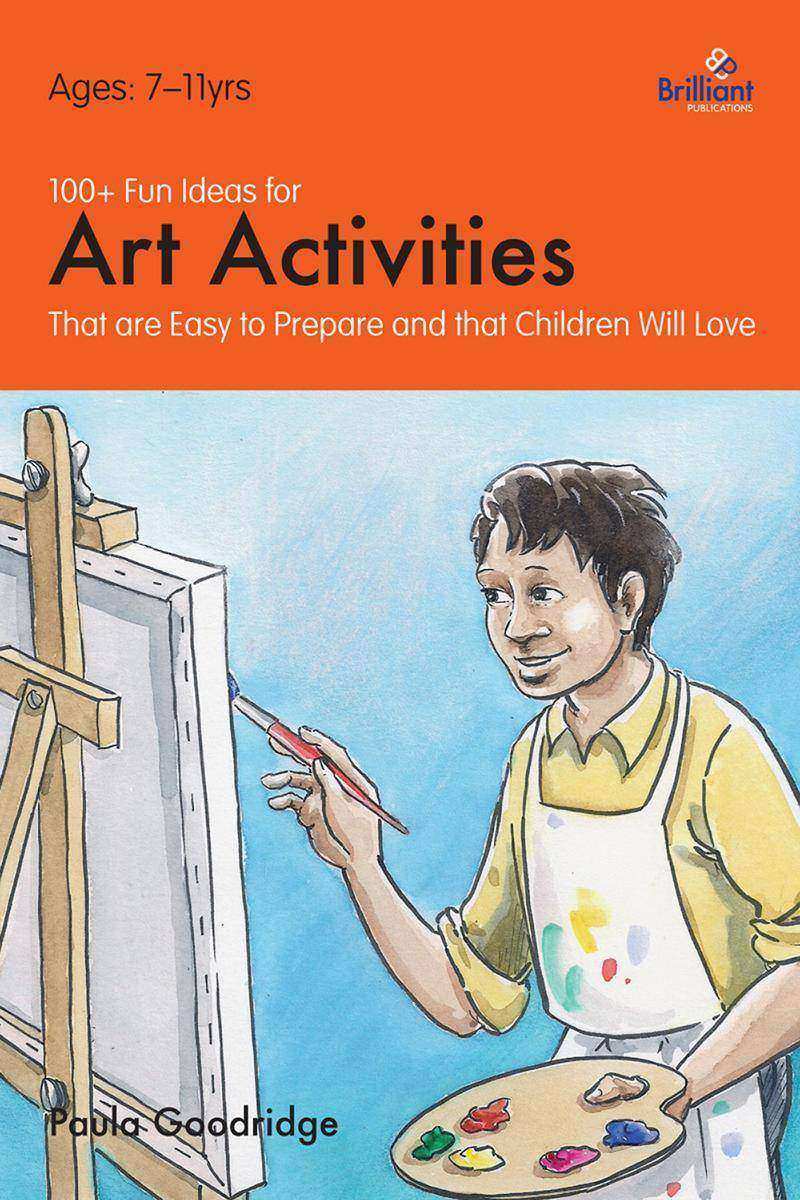
100+ Fun Ideas for Art Activities
¥102.91
Unleash your students' imaginations with this wonderful collection of tried and tested art activities that are easy to prepare, but children will love. The activities introduce a wide range of art skills and media and are suitable for use in the classroom, at home or in children's clubs. Activities range from designing a bank note and painting glass jars to printing on fabric and creating 3D robots.
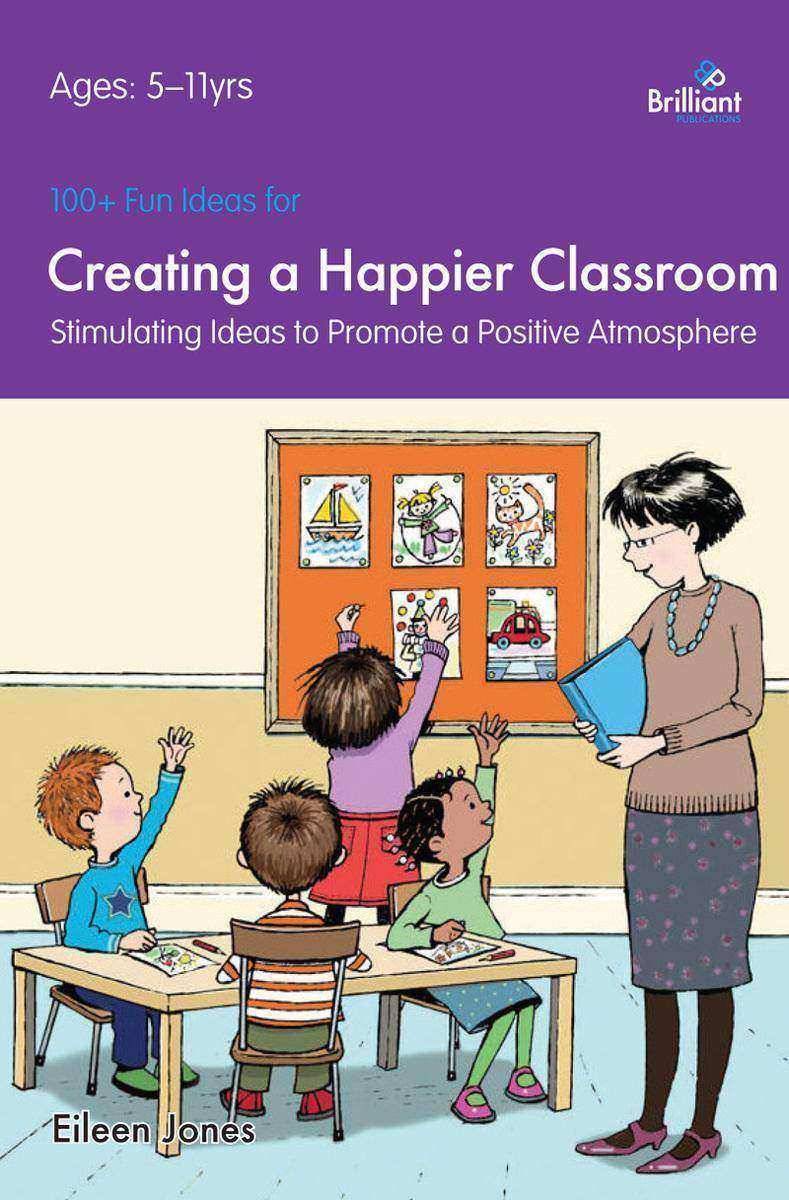
100+ Fun Ideas for a Happier Classroom
¥102.91
This book is crammed with stimulating ideas to help you create and communicate the impression of a calm, happy classroom where pupils feel secure and are challenged to do their very best. Suggestions cover everything from layout of the classroom and innovative ways of controlling noise levels to great ways of making every child feel special and valued. These carefully selected, enjoyable activities will not only help the children feel confident in your classroom and at school, they will also foster self-confidence, positive attitudes, teamwork and improved links with home.

100+ Fun Ideas for Wet Playtimes
¥102.91
Provides useful ways of keeping students occupied when the weather means it is impossible to go out at recess/playtime. The activities have an educational element, and range from pen and paper games to work games, talking games and even group games. The games can be easily adapted to suit children of all ages.
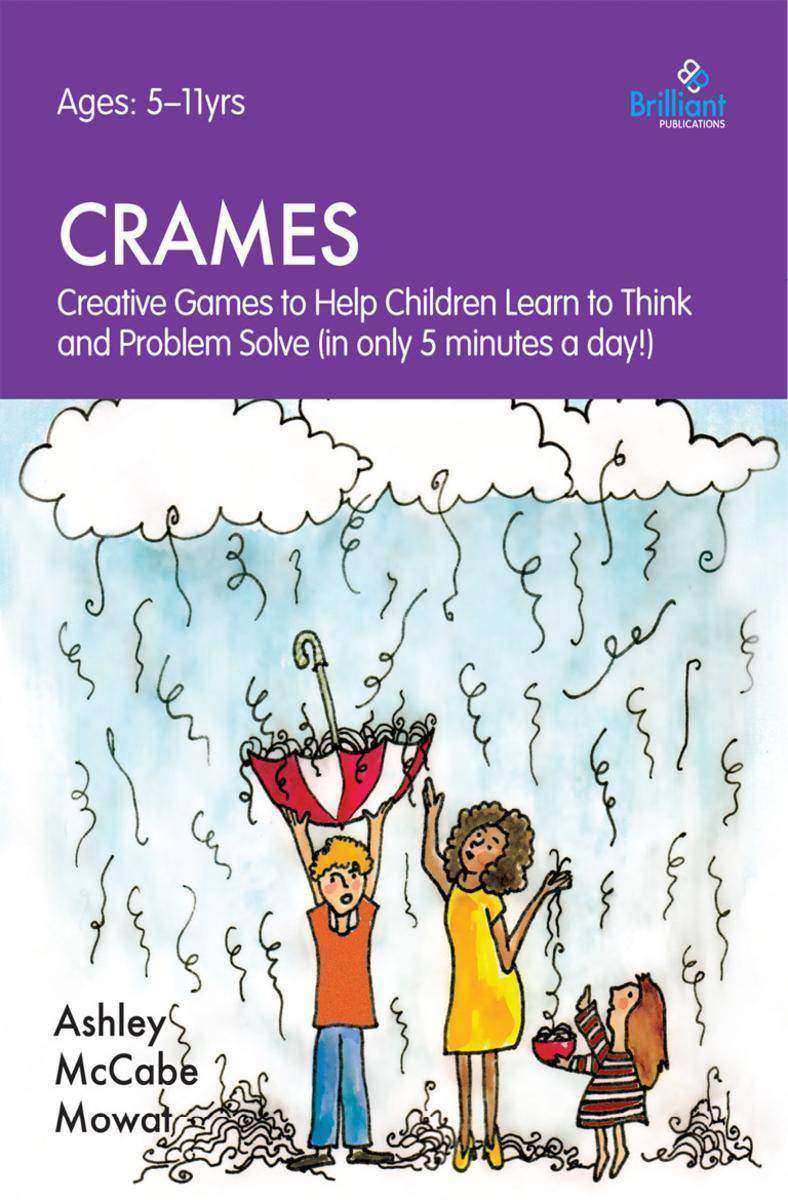
Crames
¥102.91
CRAMES are practical, easy-to-use creative games that get children thinking creatively. The stimulating trigger questions develop problem solving and creative thinking skills in activities that take as little as five minutes a day. No preparation is needed, just the willingness to think creatively. Trigger questions range from EWhat if the sea turned everything it touched red?E and 'How many things can you think of that squeak?E to EHow is a museum like a story?E and EWould you rather be a picture or a fish tank? Why?ECreative thinking is a necessary tool for survival and success in today's world. Playing CRAMES will add variety to your day and help you and your pupils break out of your usual mind-set and lead you down the path of looking at the world through creative-coloured glasses!

100+ Fun Ideas for Playground Games
¥102.91
Make outdoor playtime fun and enjoyable with this wonderful collection of traditional and new games that will soon become playground favourites. The activities use readily available equipment such as balls and skipping ropes and will suit individual students, groups or even the whole class.
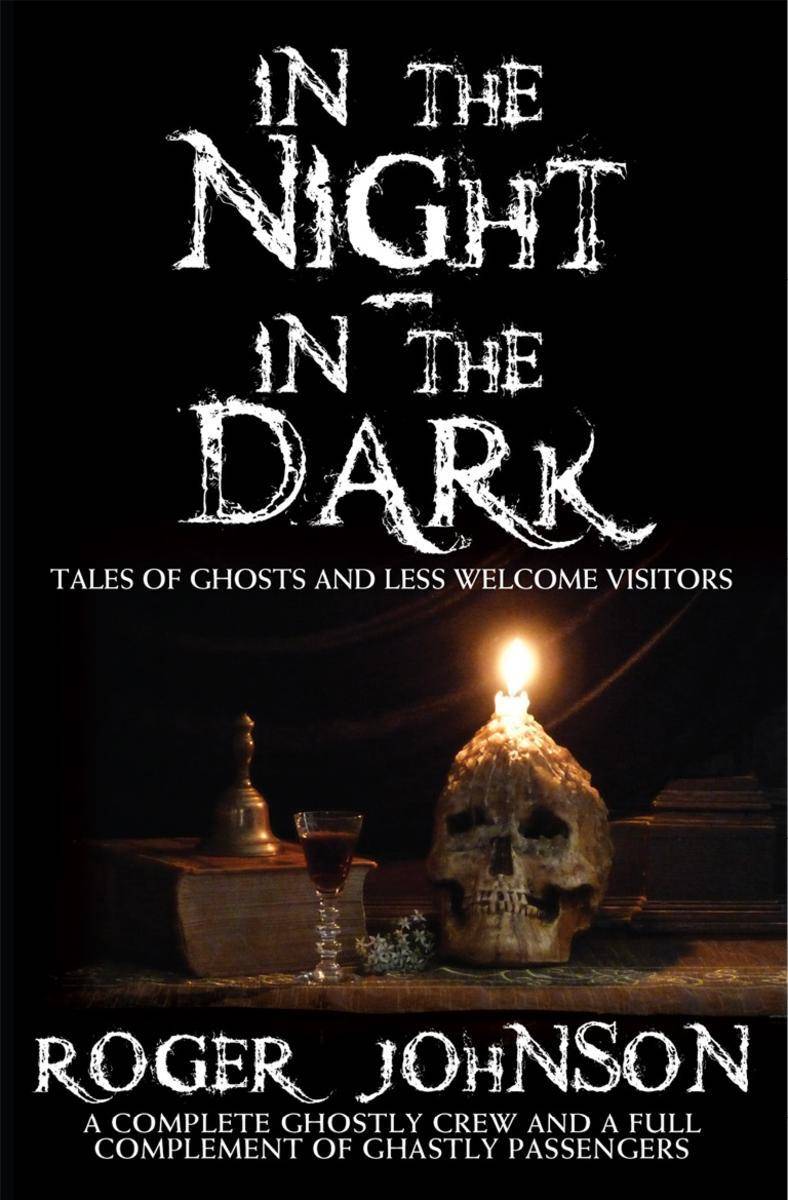
In the Night In the Dark
¥102.91
Tales of phantoms, demons and alien gods, including all the stories from the out-of-print collection A Ghostly Crew: Tales from the Endeavour, winner of the Dracula Societys Children of the Night Award for 2001
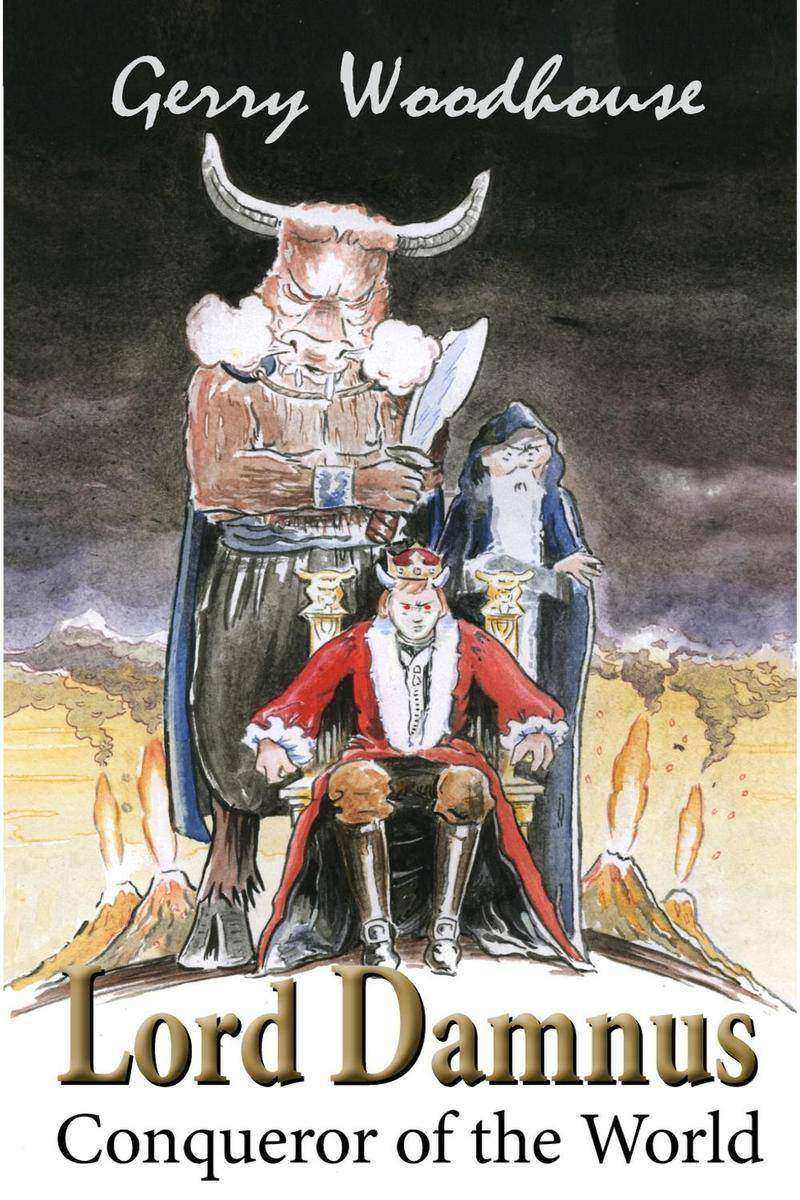
Lord Damnus
¥102.91
A time-bomb is ticking away for humanity. In this fantasy thriller, which involves love, hate, treachery and sorcery the sixth-century magician Merlin plots to install Lord Sammael, the son of Lord Damnus, an evil deity from a parallel dimension, as the sole ruler of our world. It will take an apocalypse to do away with Damnus and his evil brand of rule. Even though this story is a fantasy thriller, take away the sorcery and the plot could well become a reality in our own world in years to come. Look around you, and you can already see the rise in serious crime, and the incidents of violence which are breaking out throughout the world. These problems could eventually lead to a real-life apocalypse.
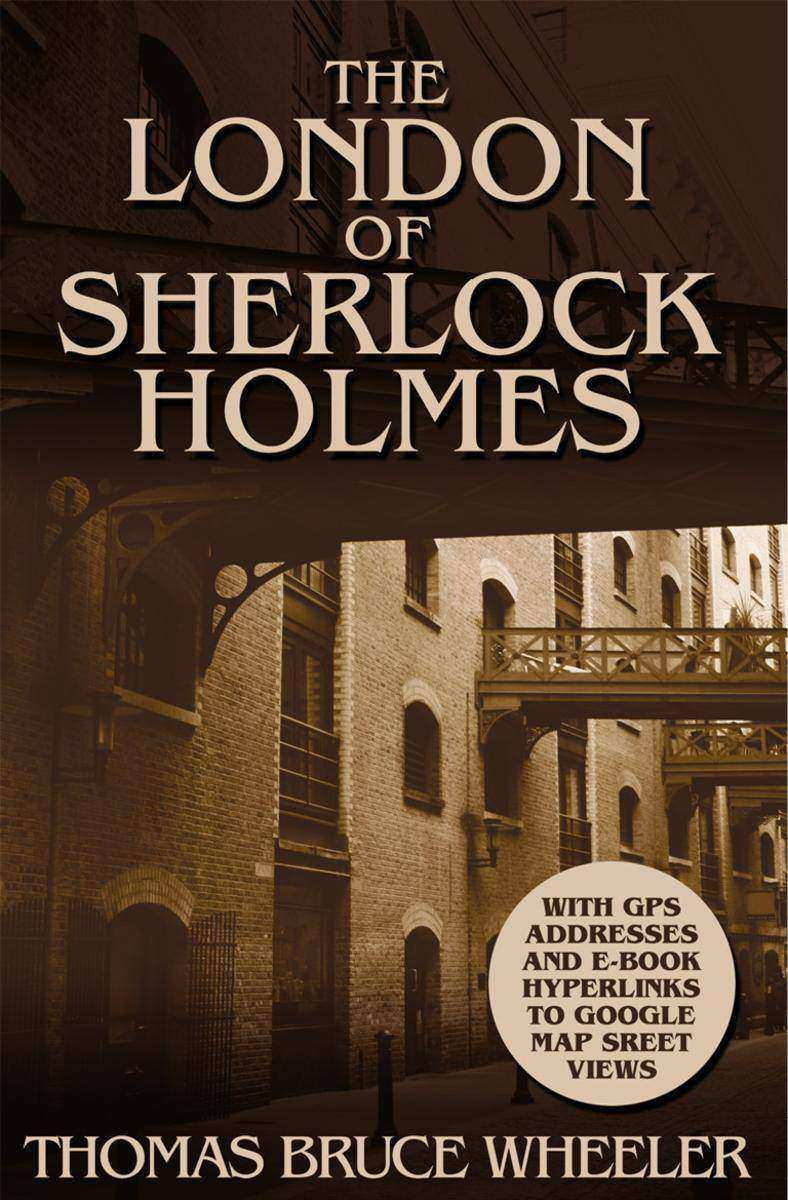
London of Sherlock Holmes
¥102.91
All serious Sherlock Holmes enthusiasts want to visit London to see the places mentioned in the Great Detective s adventures. The e-book version of See the London of Sherlock Holmes allows enthusiasts to -visit- London from their home computers, or internet connected TVs. This is achieved by hyperlinking the latitude & longitude addresses in the book to the -Street View- feature in Google Maps. The map coordinates are also GPS addresses for those who visit London with hand-held GPS devices. The book groups the 400+ Sherlock Holmes sites by the nearest underground or railway station. Entering GPS addresses after arriving at the station will generate turn-by-turn directions from one Sherlock Holmes site to another. Six walking tour maps are also included. These are not the usual rambling tours, but walks in Holmes and Watsons footsteps. Finally, for those with a statistical bent, the book lists 454 characters named in the book, and statistically analyzes their titles and occupations.
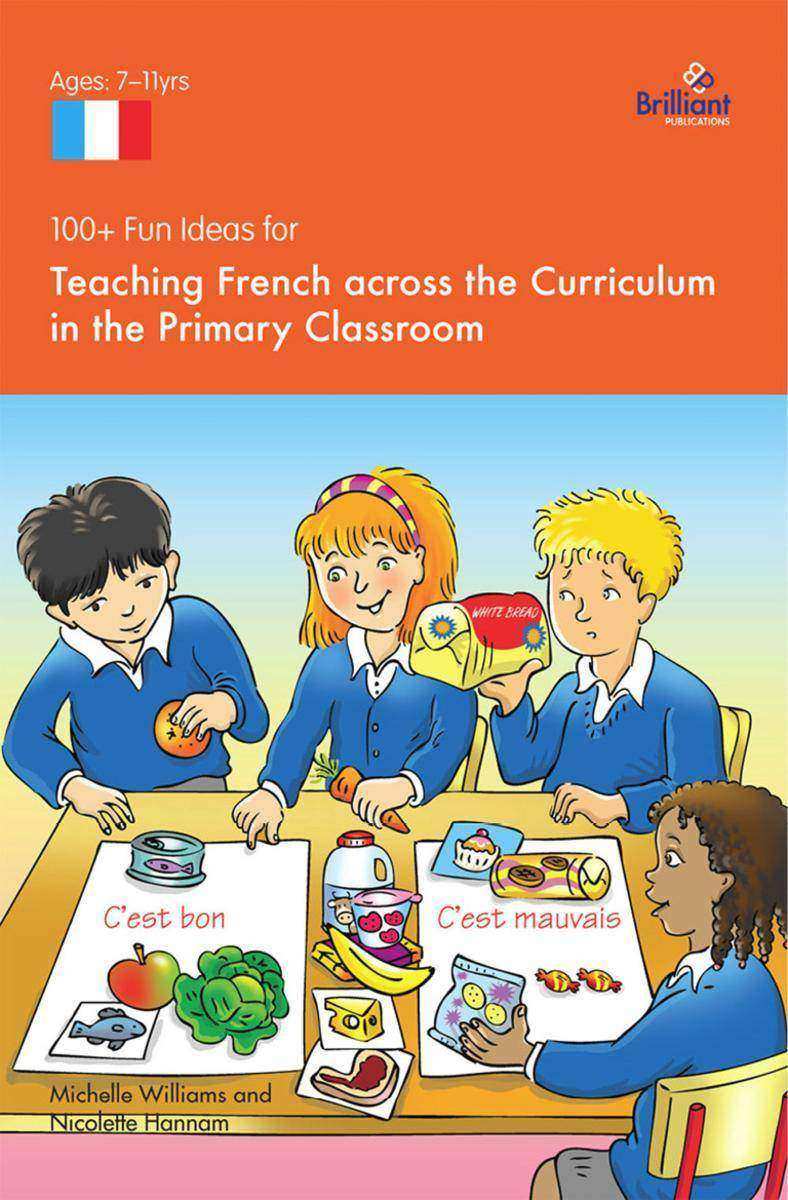
100+ Fun Ideas for Teaching French across the Curriculum
¥102.91
Bring French to life and make it meaningful by linking it to other subjects using a Content Language Integrated Learning (CLIL) approach. The practical, easy-to-use ideas in this book will make it easy to integrate language learning across the curriculum. By incorporating French into maths, science, history, geography, ICT, etc, your language learning will complement and enhance learning in other subjects, rather than compete with them for crucial teaching and learning time. Telling you that "e;six fois sept egal 42"e; is much more exciting for your class than just practising time tables! With the help of this book, soon your pupils will be able to tell you "e;Oui, c'est exact"e; if their science predictions were correct or enjoy being able to "e;envoyer un document"e; (send a document) in ICT.
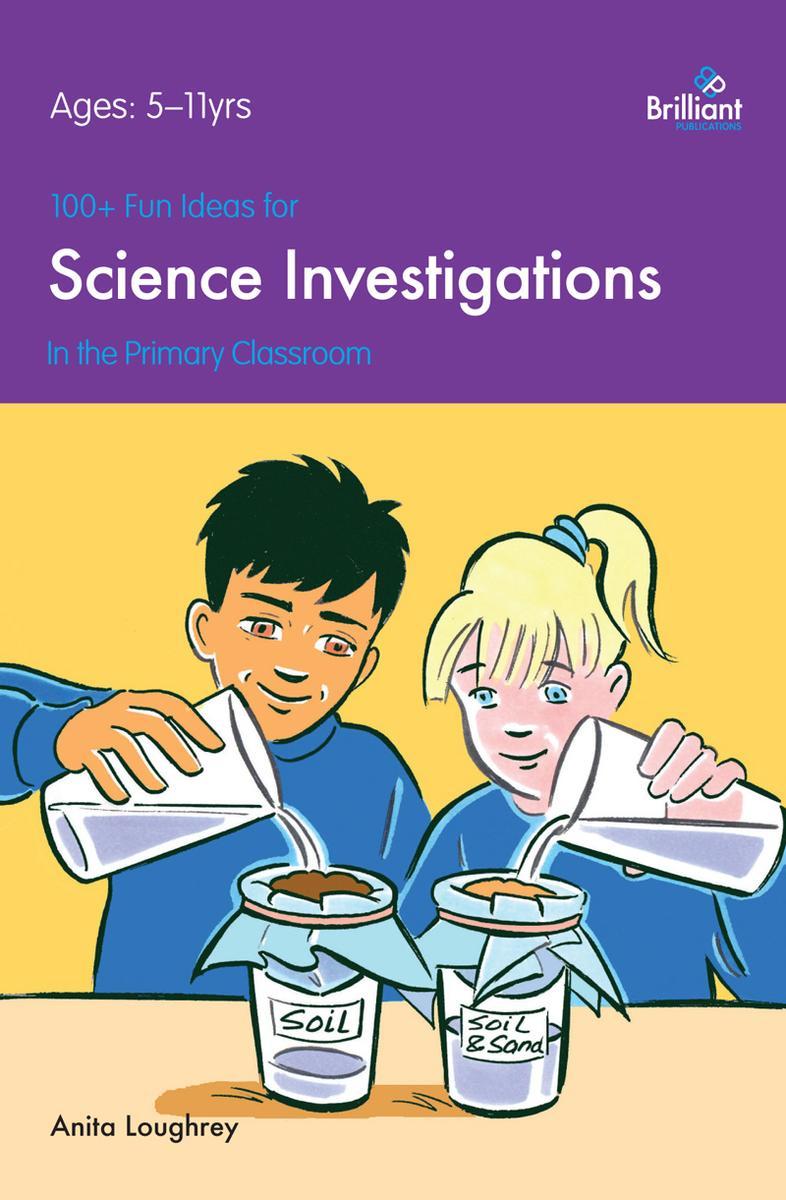
100+ Fun Ideas for Science Investigations
¥102.91
This book contains exciting, fun classroom experiments to help teach scientific investigation. The activities require a minimum of preparation and only the simplest of science equipment. Each activity provides opportunities for children to develop their skills of scientific enquiry. The easy-to-use layout will make this an invaluable book for all primary school teachers.

100+ Fun Ideas for Transition Times
¥102.91
This book is crammed with stimulating ideas for the awkward transition times of the day, such as lining up and answering the register. The activities have been carefully chosen to ensure students work as a team, and develop their self-esteem, physical and mental health, but most importantly, ensure they have fun. Use these ideas to refresh repetitive routines. If they go smoothly, then the rest of the day will too.

SuperBetter: How a gameful life can make you stronger, happier, braver and more
¥102.61
A revolutionary new self-help book by top flight game designer Jane McGonigal. After suffering a brain injury, Jane McGonigal came up with a game to help aid her recovery and battle the ensuing depression she experienced. Half a million people have now played this game to astonishing results: depression gone in 6 weeks in some cases and even terminal cancer patients reporting that playing the game gives them a sense of control over their own health. The book shows readers how to use these techniques to find strength and create positivity: readers can look to their own ‘power-ups’ which are little things they can do to feel better and tackle the hurdles in their own lives. This book provides simple step-by-step ideas that can be carried out in day-to-day life, helping you transform your life with a new flexible and reenergised mindset. In this book McGonigal uses her own story and those of others to expertly demonstrate how simple changes can result in dramatic life-affirming effects. And what’s more, she tells you how you yourself can lead a more “gameful” life.

God’s Secret Agents: Queen Elizabeth's Forbidden Priests and the Hatching of the
¥102.51
A thrilling account of treachery, loyalty and martyrdom in Elizabethan England from an exceptional new writer. As darkness fell on the evening of Friday, 28 October 1588, just weeks after the defeat of the Spanish Armada, two young Englishmen landed in secret on a Norfolk beach. They were Jesuit priests. Their aim was to achieve by force of argument what the Armada had failed to do by force of arms: return England to the Catholic Church. Eighteen years later their mission had been shattered by the actions of a small group of terrorists, the Gunpowder Plotters; they themselves had been accused of designing ‘that most horrid and hellish conspiracy’; and the future of every Catholic they had come to save depended on the silence of an Oxford joiner, builder of priest-holes, being tortured in the Tower of London. ‘God’s Secret Agents’ tells the story of Elizabeth’s ‘other’ England, a country at war with an unseen enemy, a country peopled – according to popular pamphlets and Government proclamations – with potential traitors, fifth-columnists and assassins. And it tells this story from the perspective of that unseen ‘enemy’, England’s Catholics, a beleaguered, alienated minority, struggling to uphold its faith. Ultimately, ‘God’s Secret Agents’ is the story of men who would die for their cause undone by men who would kill for it.

A tó úrn?je
¥102.27
These tales are translated from a variety of authors. The translator has been chiefly led to the task by the hope of composing an entertaining volume out of materials not generally accessible. The works in which many of them are found, are by no means common, and the indelicacy with which almost all collections of Italian tales are polluted, deservedly excludes them from general perusal. Such care has, however, been employed in the following selection, and such liberties taken with the originals, when they appeared objectionable on this account, that it is hoped this little book will escape the censure too justly cast upon Italian works of humour, in general—a censure which falls heavily upon many of the otherwise admirable tales of Boccaccio. While, however, such trifling alterations have been made as appeared necessary, these tales may still justly be considered as fair specimens of the Italian Novella, and like the celebrated collection already alluded to, furnish us with a very lively idea of the early manners of the Italians. Those tales, from which our great dramatist borrowed parts of his plots, and some of his incidents, have a double interest, both from their own nature, and as they illustrate the process by which his genius, "by happy alchemy of mind," turned all the materials which fell in his way to gold. Two or three of this kind have been purposely selected. ITALIAN TALES: THE TEACHER TAUGHT. THE UNEXPECTED REPLY. WHO AM I? THE DEAD RIDER. THE SKILFUL PHYSICIAN THE POMEGRANATE SEED THE FATAL MISTAKE THE DEAD ALIVE THE FALSE CHAMPION THE MERCHANT OF VENICE THERE IS A SKELETON IN EVERY HOUSE. THE ELOPEMENT. THE FRIAR ENTRAPPED ANTONIO AND VERONICA. BELPHAGOR. THE SLEEPING DRAUGHT THE COUNTERPARTS
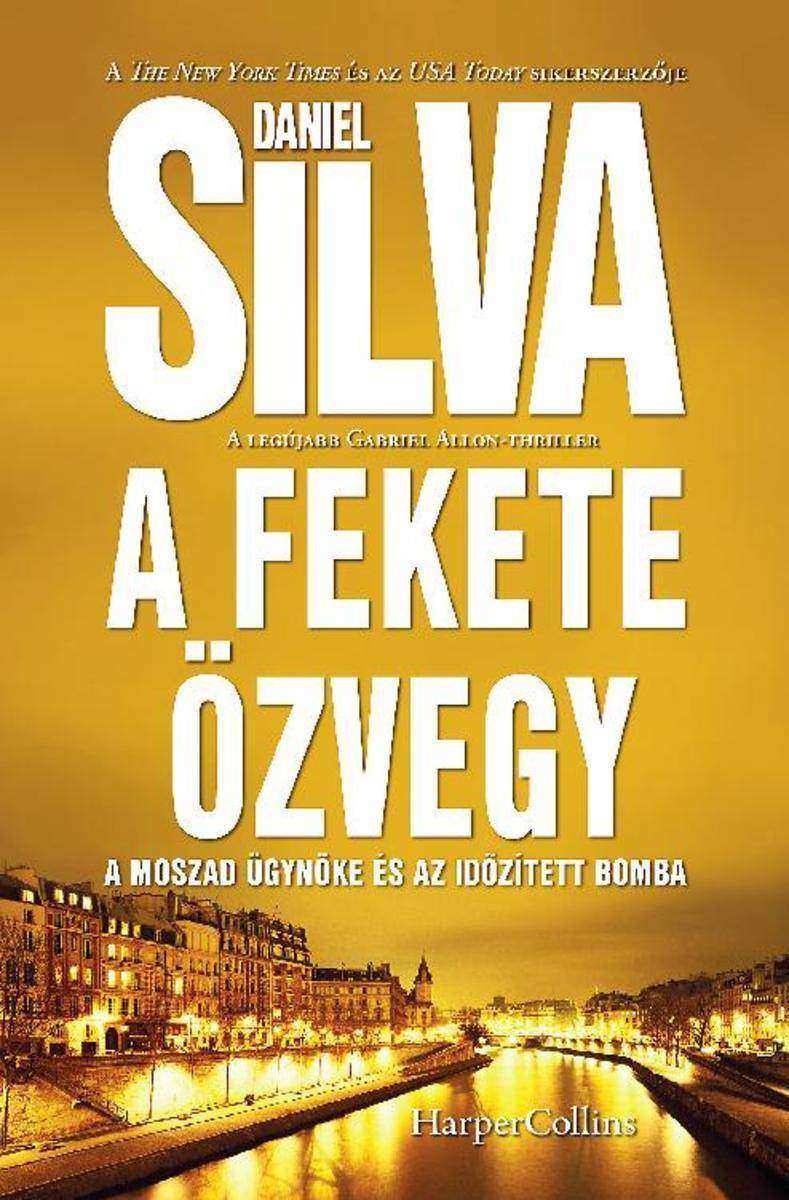
A fekete ?zvegy: A Moszad ügyn?ke és az id?zített bomba
¥102.27
A fekete ?zvegy: A Moszad ügyn?ke és az id?zített bomba

Hogyan k?lt?zz Angliába 2018-ban?: ?tmutató lépésr?l lépésre
¥102.25
Hogyan k?lt?zz Angliába 2018-ban?: ?tmutató lépésr?l lépésre

Puntea artelor
¥102.19
Are 4 roi care se nvrt, dou sau trei pedale aflate n dreptul picioarelor, un schimbtor de viteze care se folosete cu mna i un volan. Ce este aa greu“ Asta dac suntem att de ignorani, nct nici soarele nu-l vedem. Sau suntem att de ncuiai la minte, nct nu ne-ar sensibiliza nici mcar o piatr aruncat ntre ochi. Sau suntem aa de arogani i plini de noi, nct i la coada de la pine sau n mijlocul pdurii trebuie s artm noi cum st treaba“. Dac ni se pare att de simplu ca numrarea pe degete pn la zece, atunci de ce suntem att de penibili n calitate de oferi
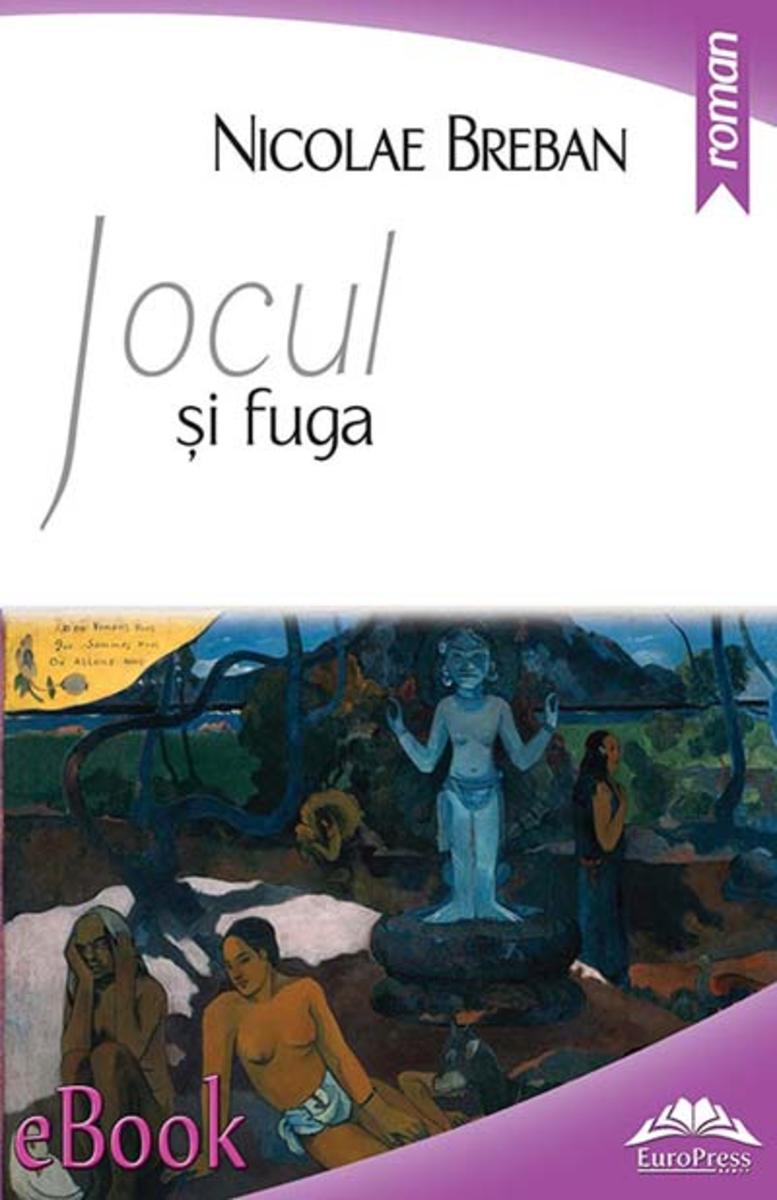
Jocul ?i fuga
¥102.19
Prin?esa Diana. Aparatele de fotografiat ?n?fac? r?m??i?ele automobilului scof?lcit. Cineva fotografiaz? o b?ltoac? de s?nge. Altcineva are inspira?ia s? surprind? o m?n? ?ns?ngerat?. A cui, nu mai are importan??. Iar m?ine imaginea ei ?n acest cadru va fi ?nf??i?at? aproape ca m?na destinului, care ?a ?ntrerupt via?a celei mai frumoase ?i pline de mister prin?ese.“ Gianni Versace. O cas? orbitor de alb? ?n Miami Beach, pe trepte se ridic? un om bronzat, bine f?cut, ?mbr?cat ?ntr?un r?nd de haine scumpe, de culoare deschis?. Un t?n?r se repede spre el ?i?l ?mpu?c? din fa??. ?i din nou luminile reflectoarelor, fotografii, reportaje ?i bine?cunoscuta m?n? a destinului, care ?a ?ntrerupt str?lucitoarea via?? a amatorului de pornografii, ?ig?ri de foi ?i b?rba?i“. Au mai fost John Kennedy, starul de cinema Marilyn Monroe, frumosul ?i nep?s?torul Elvis Presley, re?inutul ?i enigmaticul John Lennon ?i arhiducele Franz Ferdinand. Ce?i une?te pe to?i ace?ti oameni? Ei s?au dovedit de prisos ?n jocul misterios al nu se ?tie cui. Al cui oare? De ce s? faci o icoan? dintr?un om ale c?rui via?? ?i activitate au fost for?a motrice a politicii, filmului, muzicii, ba chiar ?i a istoriei?

Reckless Hearts
¥102.08
Reckless Hearts is the second book in the sexy and suspenseful Wicked Games series, where lies, passion, and betrayal collide in the steamy beach town of Dream Point.What do you do if you find yourself fantasizing about kissing your best friendSensitive guitarist Jake has been asking himself that same question for a long time, and there's no easy answer. Telling his dream girl—talented anime artist Elena—about his feelings might lead to the ultimate rejection, but not telling her just might kill him.Before Jake can make his move, though, a new mysterious guy enters the picture in an unexpected way. In Elena's mind, Harlow is excitement personified: a rebellious yet kindred spirit who she instantly connected with online. Jake's gut is telling him that something about Harlow is off, and that Elena is in way over her head, but the more Jake pushes the issue, the more he pushes Elena right into Harlow's arms—and into a tragic situation that neither of them would ever see coming.
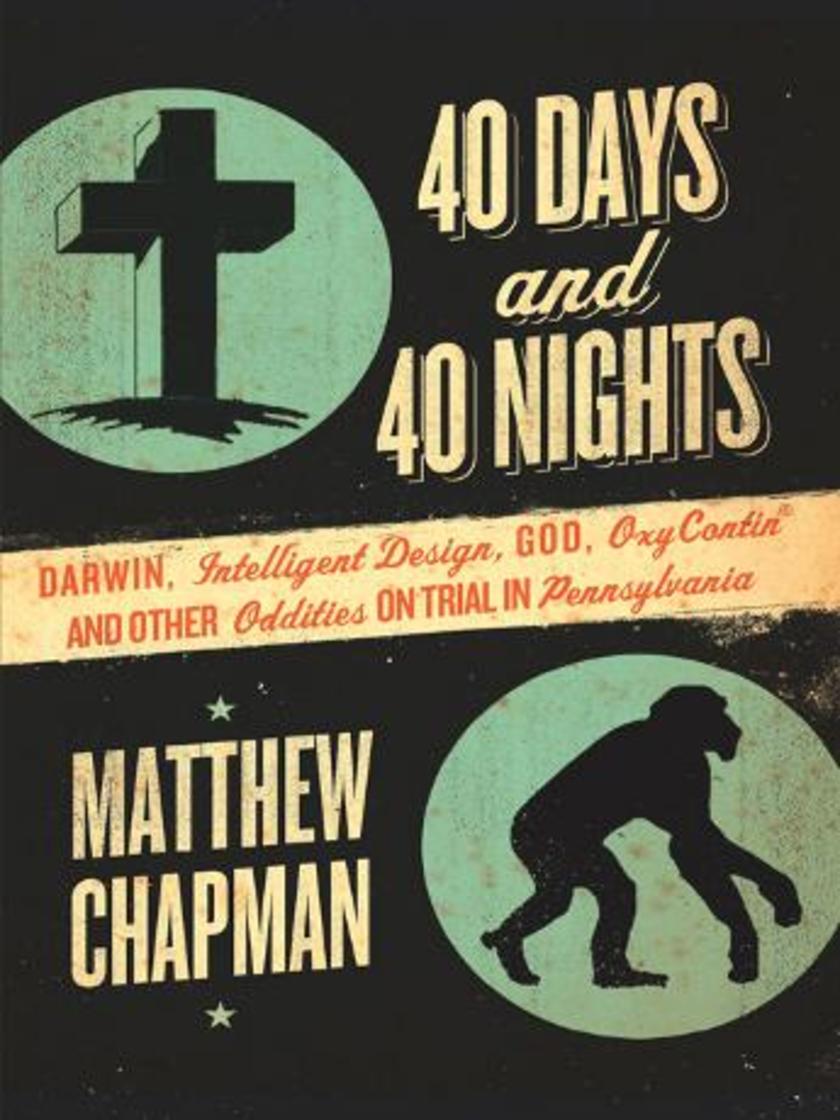
40 Days and 40 Nights
¥102.08
In this fascinating story of evolution, religion, politics, and personalities, Matthew Chapman captures the story behind the headlines in the debate over God and science in America.Kitzmiller v. Dover Board of Education, decided in late 2005, pitted the teaching of intelligent design (sometimes known as "creationism in a lab coat") against the teaching of evolution. Matthew Chapman, the great-great-grandson of Charles Darwin, spent several months covering the trial from beginning to end. Through his in-depth encounters with the participants creationists, preachers, teachers, scientists on both sides of the issue, lawyers, theologians, the judge, and the eleven parents who resisted the fundamentalist proponents of intelligent design Chapman tells a sometimes terrifying, often hilarious, and above all moving story of ordinary people doing battle in America over the place of religion and science in modern life.




 购物车
购物车 个人中心
个人中心



